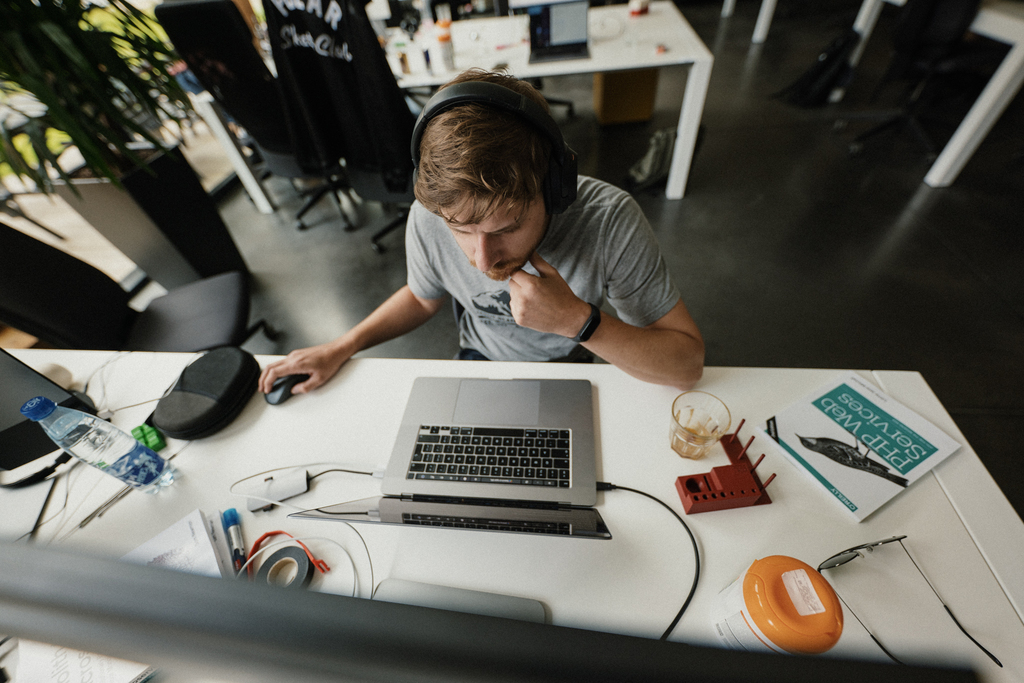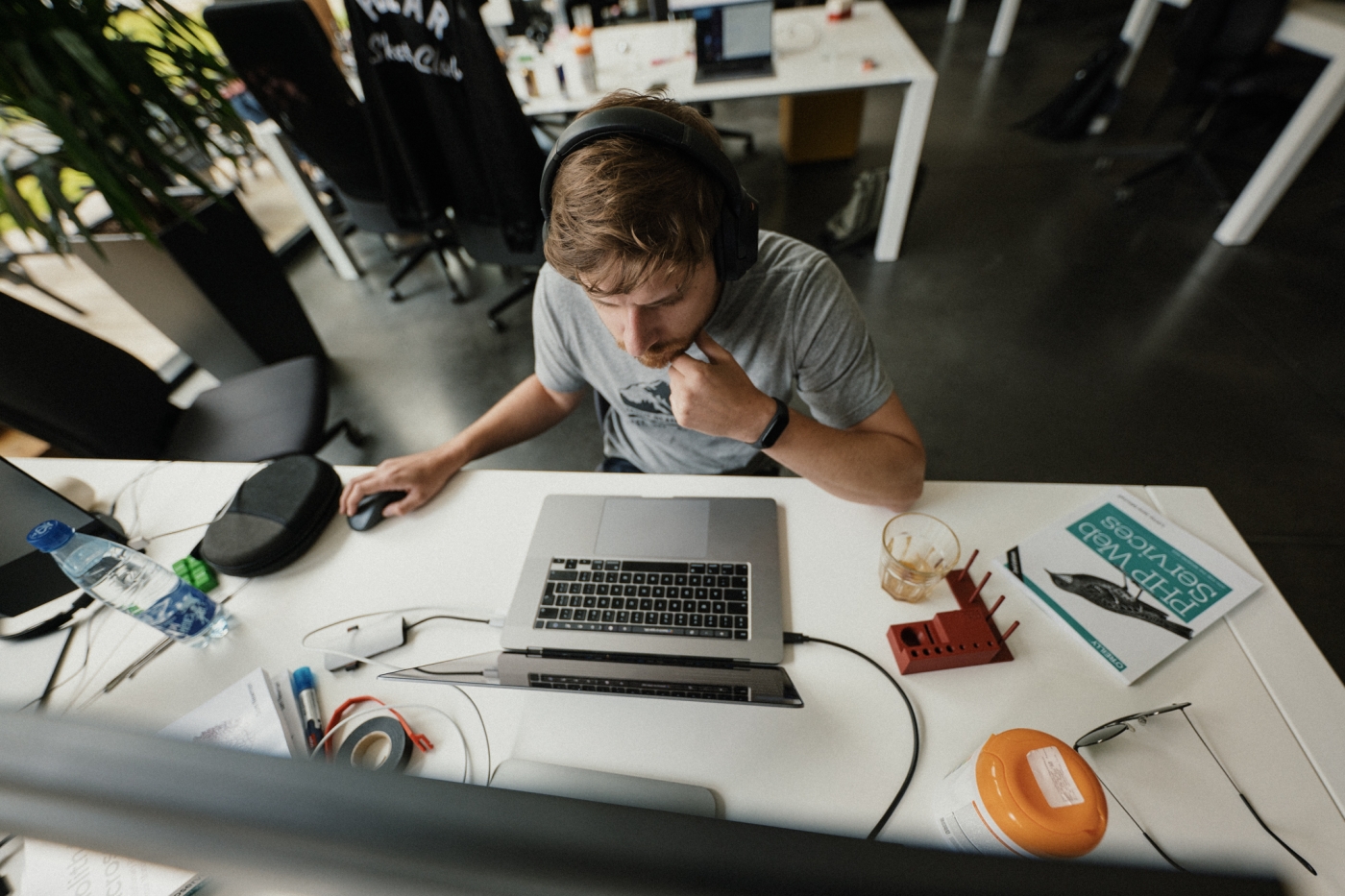With new acquisitions, Kilo Health is strengthening its capabilities in the rapidly growing digital mental health market. Psychologists say there is a need for mental health-related products and platforms like never before. The high emotional strain on people watching some co-workers being dismissed or placed on unpaid leave during the pandemic, worries about the workplace, health, lack of social gatherings, and the great uncertainty that came with the outbreak, took its toll. In some cases, the efficiency of companies dropped. But with it, new business opportunities arose and mental health apps starting to make a real difference.
“We see rising demand and great potential in the area of mental health. Quarantine and all the uncertainty brought many challenges to employees and employers alike. We have the capabilities and technologies to help. So we’re doing it”, says Tadas Burgaila, co-founder and CEO of Kilo Health, one of the world’s leading digital health and wellness companies.
Kilo Health just bought a stake in Medical Score, a startup developing mental health app, and various other health tech projects.
Medical Score is developing an app to consult specialists on issues such as fear, stress, eating disorders, relationships, parenthood, sleep problems, mourning, depression, etc.
The startup plans to use artificial intelligence to combine several different sources of information: a database of diseases prepared by scientists and doctors, information about the ailments a particular person is suffering, and certain indicators of their health and lifestyle, for example: sleep quality, physical activity, heart rate, etc. Psychologists say there is a need for mental health-related products and platforms like never before. And companies are investing, either by using existing products or hiring psychotherapists, or by backing startups and creating their solutions.
For example, TARGET, a U.S. supermarket chain, offers employees free access to virtual tools to improve mental, physical, and emotional health. Employees are given an annual subscription to the Daylight app and a website that helps them overcome stress and anxiety, as well as Sleepio, a sleep quality-enhancing app. The cloud software giant Salesforce offers its employees direct or virtual psychological counseling and free access to articles and webinars about emotional health on the Thriving Mind platform.
This shows how employers come to an understanding that taking care of their employees’ wellbeing is crucial and this results in a better and more sustainable working environment. Mental health-related apps now number in their tens of thousands. Not all of them are high quality, so people should look for proven, data-driven products, but generally rise of mental health apps is a good thing, psychologists say; it helps people to get through difficult periods including the quarantine and in some cases the loneliness that it causes. No less important is that those apps are leading more people to therapy rather than replacing it.
Remote consulting Walking hand in hand with mental health is another important trend – telemedicine or remote consulting. It is also becoming a big thing. The increased need for remote consultations with doctors during the pandemic has led to a take-up in telemedicine businesses.Last year the global telemedicine market was worth $55 billion. Research company Expert Market Research predicts this is expected to rise to $173 billion by 2026.
According to Swiss bank UBS, the most rapid growth of the telemedicine industry will be in developing countries such as India or China. UBS estimates that the telemedicine market in China will grow from $8.6 billion in 2019 to $54 billion in 2025, and will outperform the U.S. This trend will likely be accelerated by the entrance of Amazon into the healthcare scene. The tech giant launched Amazon Care in the U.S. this summer, offering consumers remote consultation with healthcare professionals, and fast delivery of prescription medications.
AI in health tech Artificial intelligence (AI) is already helping doctors around the world to organize and assess data, such as x-ray photos. AI and supercomputers also help greatly in protein folding – a process of creating new proteins that can fight diseases.AI is now coming to personal devices as well. Even Google acknowledges the importance of sensors and AI in health tech. At this year’s I/O conference the search giant, among other innovations, unveiled a tool based on AI algorithms capable of detecting skin, hair, and nail alterations that can signal cancer or other diseases.

Kilo Health Group
Kilo Health is one of the leading digital health and wellness companies globally, that not only attracts talent to join its fast-growing team but also co-founds and accelerates start-ups in a rapidly growing digital health industry. With 4+ million paying users worldwide (the majority in the United States), strong technology, and a digital marketing platform, Kilo Health provides unparalleled opportunities for entrepreneurial talents and visionaries to build digital health products of the future.
Kilo Health was founded to design the most engaging and effective digital lifestyle interventions that lead to a healthier life by preventing, managing, or treating various health conditions. Continuously seeking new opportunities, co-founding, and accelerating prospective next-gen products, Kilo Health has grown from 7 to 500 bright talents in three years and aims to become the most-loved digital health and wellness product suite globally.
 Heart
Heart Haha
Haha Love
Love Wow
Wow Yay
Yay Sad
Sad Poop
Poop Angry
Angry

